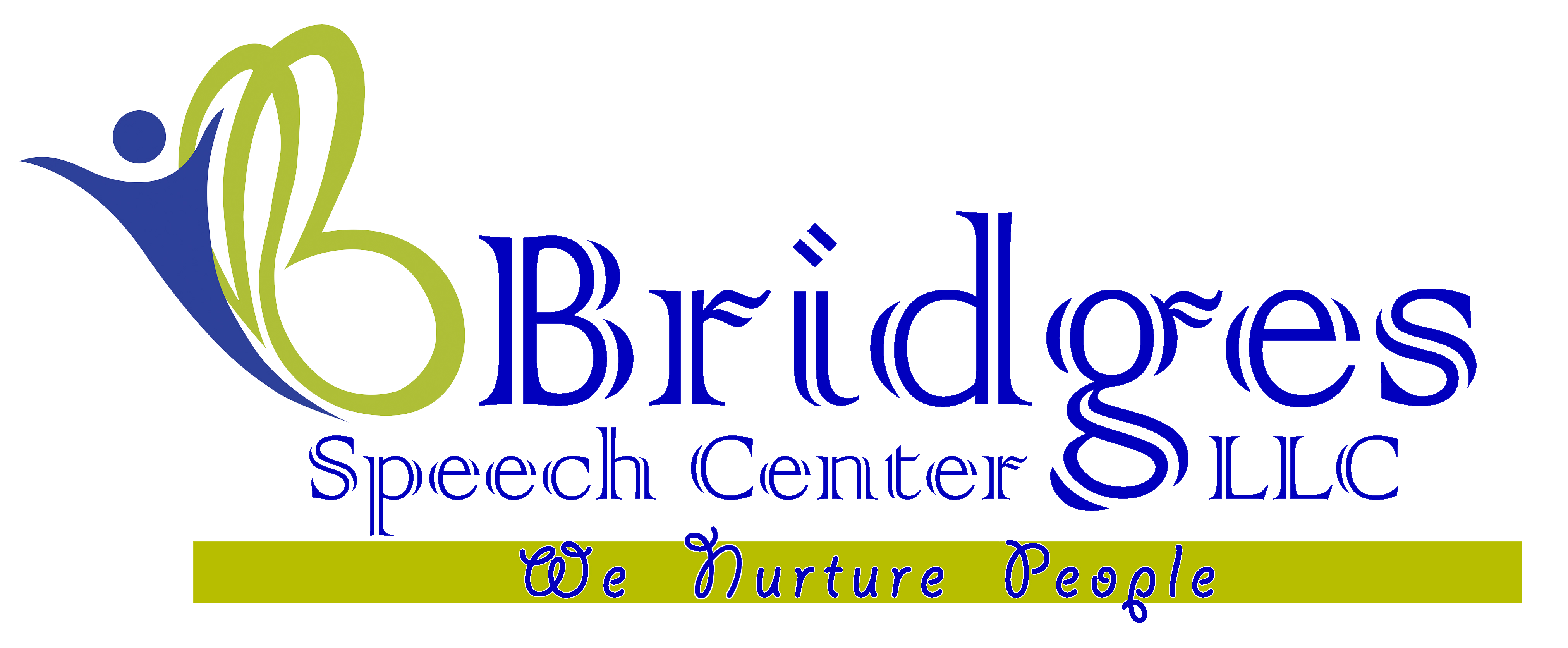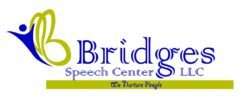- About Us
- Our Services
- Speech Therapy
- Speech and Language Therapies for Adults in Dubai
- Speech and Language Therapies for Children in Dubai
- Accent therapy
- Augmentative Alternative Communication (AAC) Therapy
- Articulation Speech Therapy
- Auditory Processing therapy/ Auditory verbal therapy
- Language Intervention: Speech Delay therapy
- Oral Motor Therapy
- Play Based therapy
- PROMPT/DTTC/RePT for Childhood Apraxia of Speech
- Social communication/Pragmatic language therapy
- Stuttering / Stammering therapy Program
- Spellography Program for Dyslexia
- Voice Therapy
- Feeding Therapy
- Occupational Therapy
- Sensory Integration
- Clinical Psychology & Psychotherapy
- Cognitive Behavioral Therapy(CBT)
- ABA /Behavior Therapy
- Bridge Learning Program
- Group therapy
- Summer/Winter Program
- Telehealth Services
- Training Program/CEU
- Internship/ Observership
- Speech Therapy
- Super Team
- Collaboration
- Training Course
- News/Blogs
- About Us
- Our Services
- Speech Therapy
- Speech and Language Therapies for Adults in Dubai
- Speech and Language Therapies for Children in Dubai
- Accent therapy
- Augmentative Alternative Communication (AAC) Therapy
- Articulation Speech Therapy
- Auditory Processing therapy/ Auditory verbal therapy
- Language Intervention: Speech Delay therapy
- Oral Motor Therapy
- Play Based therapy
- PROMPT/DTTC/RePT for Childhood Apraxia of Speech
- Social communication/Pragmatic language therapy
- Stuttering / Stammering therapy Program
- Spellography Program for Dyslexia
- Voice Therapy
- Feeding Therapy
- Occupational Therapy
- Sensory Integration
- Clinical Psychology & Psychotherapy
- Cognitive Behavioral Therapy(CBT)
- ABA /Behavior Therapy
- Bridge Learning Program
- Group therapy
- Summer/Winter Program
- Telehealth Services
- Training Program/CEU
- Internship/ Observership
- Speech Therapy
- Super Team
- Collaboration
- Training Course
- News/Blogs
Bridge Learning Program in Dubai
- Home
- Our Services
- Bridge Learning Program
A Bridge Learning Program for Kids
A Bridge learning program, often referred to as an early childhood education (ECE) program, is a specialized facility that provides educational and developmental services to young children, typically between the ages of three and five years old. Bridge learning programs play a crucial role in supporting children’s early development, preparing them for success in school and beyond, and promoting lifelong learning.
Key Features of Bridge Learning Programs:
1. Child-Centered Approach: Bridge learning programs prioritize the needs and interests of children, recognizing that each child is unique and develops at their own pace. Programs are designed to be appropriate, engaging, and responsive to the individual strengths and needs of each child.
2. Play-Based Learning: Play is central to bridge learning programs, as it is through play that children explore, discover, and make sense of the world around them. Play-based learning activities are carefully designed to promote cognitive, social, emotional, and physical development, fostering creativity, problem-solving skills, and a love of learning.
3. Qualified Educators: Bridge learning programs employ qualified and experienced educators who are trained in early childhood education and development. Teachers create nurturing and supportive environments where children feel safe, valued, and encouraged to explore and learn. They facilitate learning through a combination of structured activities, guided play, and hands-on experiences.
4. Curriculum and Learning Standards: Bridge learning programs typically follow a developmentally appropriate curriculum that aligns with state or national learning standards for early childhood education. The curriculum encompasses a variety of domains, including language and literacy, mathematics, science, social studies, art, music, and physical education, providing a well-rounded and comprehensive educational experience.
5. Family Engagement: Bridge learning programs recognize the importance of involving families as partners in their children’s education. They foster open communication and collaboration between educators and families, providing opportunities for family involvement in school activities, events, and decision-making processes. Family engagement enhances children’s learning outcomes and strengthens the home-school connection.
6. Inclusive Environment: Bridge learning programs strive to create inclusive environments that celebrate diversity and promote equity and access for all children. They value and respect the unique backgrounds, cultures, languages, abilities, and identities of each child and family, ensuring that all children feel welcomed, valued,
and supported.
7. Assessment and Progress Monitoring: Bridge learning programs use ongoing assessment and progress monitoring to track children’s development and learning outcomes over time. Assessment tools and methods may include observations, portfolios, checklists, and standardized assessments, providing educators with valuable insights into children’s strengths, areas for growth, and individualized needs.
Benefits of Bridge Learning Programs:
1. Promote School Readiness: Bridge learning programs provide a solid foundation for school readiness by helping children develop essential cognitive, social, emotional, and physical skills needed for success in kindergarten and beyond. They introduce children to early literacy and numeracy concepts, problem-solving strategies, social skills, and self-regulation techniques.
2. Support Early Intervention: Bridge learning programs play a critical role in identifying and addressing developmental delays, learning disabilities, and other special needs early on. Through observation, assessment, and collaboration with families and specialists, educators can provide early intervention services and support to help children reach their full potential.
3. Foster Social and Emotional Development: Bridge learning programs create nurturing and supportive environments where children learn important social and emotional skills: empathy, cooperation, communication, and self-expression. They provide opportunities for positive peer interactions, conflict resolution, and emotional regulation, laying the groundwork for healthy social relationships and emotional well-being.
4. Encourage Lifelong Learning: Bridge learning programs instill a love of learning and curiosity in children, setting the stage for a lifelong of intellectual growth and exploration. By fostering a positive attitude towards learning, bridge learning programs help children develop the skills, attitudes, and habits necessary for lifelong learning and academic success.
5. Promote Parental Involvement: Bridge learning programs actively involve parents in their children’s education and development, recognizing the crucial role that families play to support children’s learning and well-being. They provide resources, support, and opportunities for parental involvement in school activities, parent-teacher conferences, and decision-making processes, strengthening the home-school partnership.
Overall, bridge learning programs play a vital role in supporting children’s early development, preparing them for success in school and beyond, and laying the foundation for a lifetime of learning and achievement. By providing high-quality early childhood education and fostering positive relationships with families and communities, bridge learning programs contribute to the holistic development and well-being of young children.
Make Appointment
Testimonials
What Parents Say
Send us an email if you wish to talk to any of them. For more reviews, please go to Google reviews.

My experience with bridges speech centre has been great. My child is attending OT in the center and we are happy and proud with the progress Mrs. Richa has made. The therapists are very supportive and knowledgable in selecting techniques to suit with our child's requirements . Their monthly review and evaluation is remarkable. I highly recommend bridges speech centre to anyone looking for an affordable and professional therapy for their child....

We were asked to consult a speech therapist for my son. As parents we were quite skeptical about this whole process. However, once my son started attending Dr Rupali’s sessions we noticed a drastic improvement in his speech. He used to speak only a few words but within the 1st four sessions he started speaking up-to 5 words sentences. I also learnt to manage my child’s emotions better with Dr Rupali’s guidance. She is very cooperative and patiently answer all questions.

We took our 21 month old daughter to Bridges speech center following her cleft palate surgery as she needed Speech therapy. Ms.Rupali was recommended to us by both our Pediatrician and ENT specialist. The staff at Bridges are qualified, warm and friendly. My daughter loved to attend the speech therapy sessions. Through various techniques and simulations provided during these sessions, I can see considerable improvement in my daughter's speech. Lastly I would say, no child is same, as parents we need to be patient and trust the process.

Rupali was excellent. In just couple of sessions she helped my child overcome difficulty in pronouncing ch and sh sound. Thanks very much.Highly recommend for children who will need assistance in speech therapy.
Blog & Article
Our Latest Blog & Articles
Are you feeling depressed or anxious?
Are you feeling depressed or anxious? abdulrehman August 16, 2023 Uncategorized Are you...
Sensory Integration
Sensory Integration abdulrehman August 11, 2023 Uncategorized Sensory Integration Sensory integration is a...



